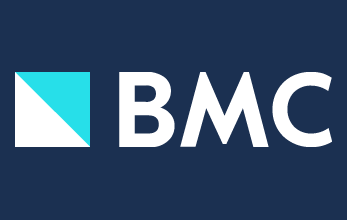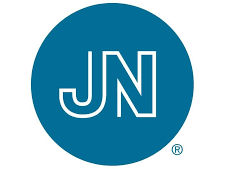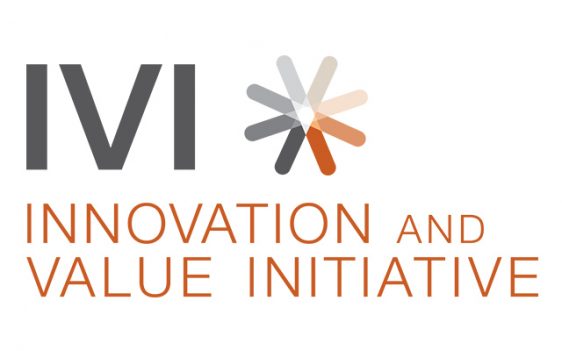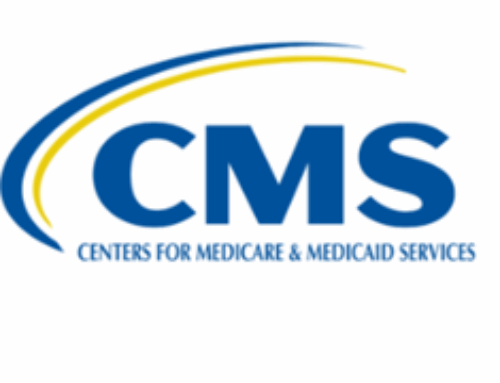CENTER UPDATE | APRIL 2024
In this Issue:
- COPD Medication Nonadherence Tied to Drug Affordability
- Michigan Programs Aim to Ease Burden of Medical Debt
- 36% of Americans Have Skipped a Healthcare Visit Due to Inability to Pay
- Loosening Coverage Restrictions Improves Access in State Medicaid Programs
- Fulfilling the Promise of Value-Based Care
- 2024 Health Equity in United States Healthcare Report
- CVS Caremark to Cover Birth Control Pill at Zero Cost
- CMS Innovation Center’s New Quality Pathway
- Podcast Discusses Chronic Disease Coverage and Prevention
- Impact of HSAs on Service Utilization and Spending


COPD Medication Nonadherence Tied to Drug Affordability
According to a study in BMC Public Health, researchers found that 18.56% of patients with chronic obstructive pulmonary disease – or 2.39 million U.S. adults – experience cost-related medication nonadherence, primarily due to the high cost of inhalers. The results showed 12.5% of patients skipped doses, 13.3% took less medication, and 15.74% delayed prescriptions to save money. Low income and lack of insurance were linked to nonadherence.

Michigan Programs Aim to Ease Burden of Medical Debt
Medical debt is increasing despite expanded insurance coverage post-Affordable Care Act, with millions owing over $1,000 in medical debt. To better deal with these systemic problems, changes to insurance benefit design are advocated to eliminate out-of-pocket costs for essential services, ultimately reducing financial distress and improving healthcare access for all.

More Than a Third of Americans Have Skipped a Healthcare Visit Due to Inability to Pay
A survey has found that more than a third (36%) of insured Americans skipped a health care visit within the last year due to financial reasons. That rate jumps to 83% for uninsured people. The associated white paper highlights that the average American can afford a maximum of $97 for out-of-pocket health care expenses. White respondents said they could go up to $104, while Black respondents topped out at $57 a month, validating well-established racial disparities in access to care.

Loosening Coverage Restrictions Improves Access to Curative Hepatitis-C Virus Treatment in State Medicaid Programs
Medicaid programs that eased coverage restrictions on hepatitis-C treatments saw a significant increase in the use of direct-acting antivirals (DAAs), indicating improved access to effective treatment. States that lifted restrictions experienced a rise of 966 treatment courses per 100,000 Medicaid beneficiaries per quarter, compared to those with unchanged policies. This suggests that loosening coverage constraints may enhance access to curative hepatitis-C virus treatment, highlighting the importance of policy changes in promoting public health interventions.


Fulfilling the Promise of Equity in Value-Based Care
A new report from IVI highlights action steps stakeholders can take to integrate equity into Health Technology Assessment (HTA), including:
- Exploring HTA’s impact on health disparities
- Prioritizing representative data reflective of impacted populations
- Defining and addressing data gaps hindering equity-centered HTA
- Acknowledging limitations in data and methods affecting equity analysis
- Testing and adoption of new methodological approaches to account for equity

2024 Health Equity in United States Healthcare Report
The 2024 Health Equity report shows that people want to manage their health proactively, but struggle to do so due to barriers related to socioeconomic status, geography, education and health literacy, and social inclusion and discrimination. The top reported challenges faced by individuals engaging in healthcare today include unexpected costs (59%), understanding benefits (38%), and a lack of control over their care (22%).

CVS Caremark to Cover Perrigo's Birth Control Pill in U.S. at Zero Cost for Plan Sponsors
CVS Caremark is adding Perrigo’s birth control pill to its preventive services list, making it free for many plan sponsors. Perrigo’s Opill, approved for over-the-counter use by the FDA, is the first oral contraceptive available without a prescription in the U.S. According to a recent Forefront article, insurance coverage is essential to achieve the health and equity benefits of over-the-counter contraception. Other pharmacies also announced that Opill will be available at its pharmacies nationwide.


CMS Innovation Center’s New Quality Pathway
The Center for Medicare and Medicaid Innovation’s new Quality Pathway will align model design around patient-centered quality goals, elevate outcomes and experience measures, and ensure that evaluations are better designed to assess the impact of models on primary quality goals. An article on the new pathway is available here.


Podcast Episode Discusses Chronic Disease Prevention and Pre-Deductible Coverage
In a new podcast episode, Commissioner Mulready visits with V-BID Center Advisory Board member Katy Spangler to discuss the current policy landscape of Health Savings Accounts (HSAs). Their conversation covers intended applications and benefits of an HSA, including the Chronic Disease Flexible Coverage Act, which gives HSA-eligible HDHPs the flexibility to cover chronic disease services on a pre-deductible basis.

Impact of HSAs on Service Utilization and Spending
An EBRI study has found that health savings account (HSA) eligible health plans have mixed effects on the use of health care services with no impact on overall spending. HSA plans led to higher inpatient admissions, fewer prescriptions filled, and a shift from specialist to primary care provider visits. While spending remained unaffected, spending for enrollees with 2 or more conditions was 6% higher than those in PPOs, driven by increased inpatient visits.
Please Help Support the V-BID Center
As a non-profit entity, the V-BID Center relies on fundraising to support our research, education, and policy efforts. Please help us continue our work by donating here. We truly appreciate your consideration.






